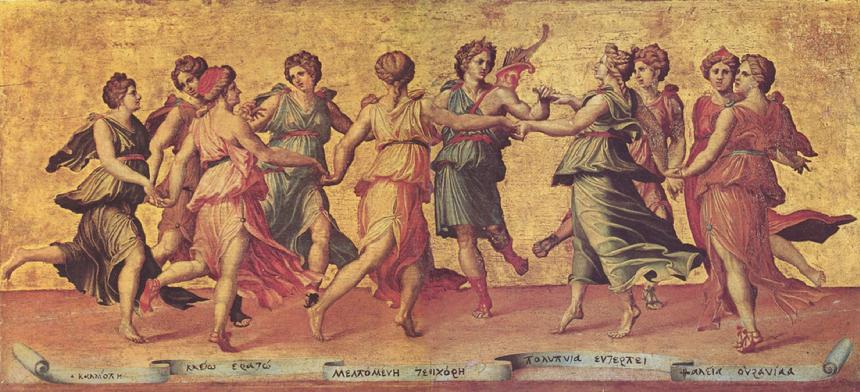Good stories and wise people foster a state of wonder
Wislawa Szymborska, the Pulitzer prize winning poet from Poland, said in her acceptance speech, "Poets, if they are genuine, must keep repeating, I don't know.....each poem marks an effort to answer this statement." (and I would say the same can be said of children's stories and children's authors) Each story, in some way, is an attempt to wrestle with what we do not know, with what we wonder about. As Katherine Paterson, Newberry medalist, says, "Story is the way we make sense of life."
Of course, WONDER is rather counter-cultural in our age of Google and Wikipedia. But good stories and wise people encourage us to bask in mystery, to see, in the words of Browning, that "all of earth is crammed with Heaven," and to know that the best things in life are meant not to be measured, but treasured.
Nor is it the kind of wonder that marvels at the extraordinary or unusual, but rather the kind of wonder that Dr. Dorian refers to in Charlotte's Web....
When Mrs. Arable asks him if he understands how there can be writing in the spider's web, he answers,
" Oh no, I don't understand it. But for that matter I don't understand how a spider learned to spin a web in the first place. When the words appeared everyone said they were a miracle. But nobody pointed out that the web itself is a miracle."
Some of my favorite words of wisdom to ponder this week
"Literature is prismatic. Light shines through the excellent books or dances off and the rainbow it gives shine on and on in a child's life in a thousand different ways." Jane Yolen
"To be Irish is to know that in the end the world will break your heart." Unknown
 |
| "Show me a day when the world wasn't new"
|










